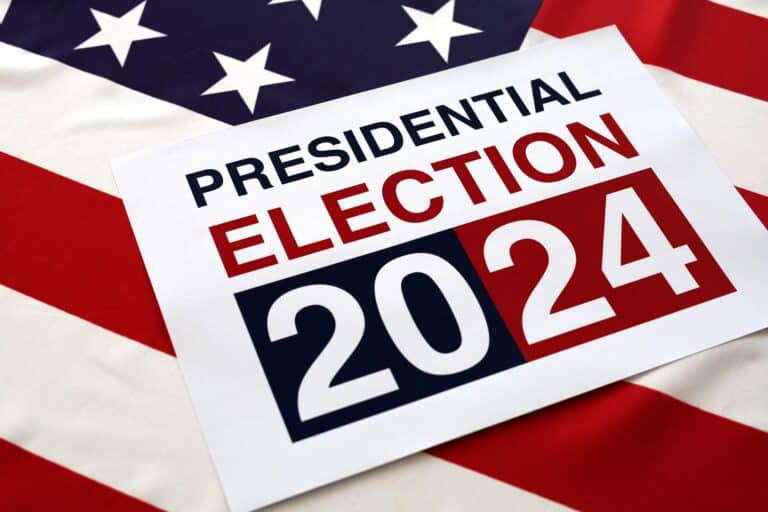What we know? In 2018 and 2019 as many as 1 million tech jobs were unfilled. What are companies doing about it? Over 87% say they are finding candidates outside of traditional engineering or stem backgrounds. “The demand is creating a really ripe environment for people who are in non-traditional majors, liberal arts majors, who bring different aspects to the tech space,” said Art Bilger, founder and CEO of WorkingNation.
Why Hire Liberal Arts Majors for Tech Jobs?
To be a good data scientist you are expected to be an expert in computer science, statistics, data engineering, data visualization, executive presentations and persuasive writing. If the fundamental skills in liberal arts majors are the ability to read, synthesize and write, can’t they be taught computer science and statistics as easily as the tech major learning presentation and communication skills? Andy Kriebel, head of the UK Data School, says, “I’m of the opinion that people with liberal arts majors are at an advantage because they’re more likely to have done some creative studies. People with engineering backgrounds tend to be much more prescriptive and go into way too much depth without focusing on the consumer.”
Liberal arts majors can humanize the data. Coline Sinders, in an article on fastcompany.com’s website, argues that data ethnograpy, “is the study of data that feeds technology. It will consider data from cultural perspectives as well as data science perspectives.” She makes the point that without opaque data sets it is easier to mistake specific data sets for universal ones. She gives the example of googling “professional hair.” The results show mainly white hairstyles. If you Google “unprofessional hair,” you see mainly black hair styles. Such bias should be avoided or at least made clear. Insuring culturally diverse assessments of algorithms, by people trained in cultural issues, should avoid discrimination mistakes.
In specific niches, like artificial intelligence, Google, Facebook and Amazon are hiring every college grad with a machine learning or a data science degree. Maybe that is a bit over-dramatic, but the competition is fierce. Universities and regional governments are uniting to create programs to train more available liberal arts majors to do tech work. The CoLAB Digital Tech Credential program is an example of this. In the greater D.C. area the program focuses on data analysis, visualization and cybersecurity and is offered at George Mason University, Virginia Tech, University of Richmond, American University, VCU and Georgetown for non-stem students pursuing degrees in non-technical fields such as HR, logistics, liberal arts and finance.
Wendy Pfeiffer, Nutanix CIO, says, “I speak to many new job applicants who have built and run online stores, created social media campaigns, managed complex financial transactions – all online, all using available tools – but who do not consider that they have any special ‘technical’ skills to bring to their jobs.” The liberal arts majors of 2020 are different candidates than even ten years ago. They are a digitally savvy generation with a level of technology skills from the day to day use of their phone and their computer. Given that millennials will be 70% of the global workforce by 2030, shouldn’t we be utilizing them in ways previously thought not possible?


